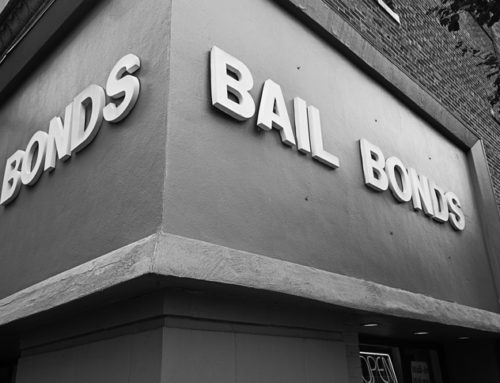FORT LAUDERDALE, Florida. As the opioid epidemic continues to spread across the U.S., there have been more reports of friends and family members sharing drugs, or loved one’s acquiring drugs for their friends or family. Sadly, when these situations lead to deadly overdoses, the government has started to criminally charge the friend or family member who acquired the drugs—even when the person acquired the drugs for themselves as well.
According to the American Bar, drug-induced homicide laws create avenues for people to be charged for selling drugs that lead to accidental overdoses or deaths. Individuals found guilty of these charges can face manslaughter or murder charges. In Florida, these laws can go quite far, with prosecutors having the ability to pursue capital murder charges.
According to the Chicago Tribune, these drug laws were put in place in the 1980s to give prosecutors more power when pursuing large-scale crack dealers. However, the laws are being used to pursue charges against friends and family of overdose victims. Many of the people facing charges are drug addicts and users themselves and would hardly qualify as drug kingpins.
Many critics of the law claim that this is yet another way that the criminal justice system fails those who suffer from addiction. Individuals who suffer from addiction are victims of a disease. They need help and treatment. By throwing them in jail or by punishing their family members when overdoses happen, the government only perpetuates the cycle of shame, addiction, and harm.
While the law was originally designed to help prosecutors pursue large-scale drug dealers, the wording of the law allowed prosecutors to pursue smaller-scale crimes as well. If the drug was an illegal substance, was sold or given to another person, and the drug later resulted in death, then the person giving the drug could face charges under drug-induced homicide laws. A girlfriend giving her boyfriend a few extra pain pills could face charges, as could a grandmother supplying her granddaughter with pain pills to help her ride out withdrawal.
Drug-induced homicide charges are often used to get individuals to plead guilty to smaller crimes. Because the charges are easy to prove, prosecutors see using these charges as a way to get “easy wins.” Unfortunately, this means that individuals often end up in jail rather than getting the treatment and help they need. Furthermore, they carry the stigma of being held responsible for their loved one’s death.
With the prevalence of fentanyl, which can be deadly, drug-induced homicide charges are increasingly becoming common. Individuals who give their loved one’s drugs or share drugs may not be aware that the drugs they are sharing contain this deadly substance.
Advocates for drug victims believe that the law creates a real problem because it will discourage people from calling 911 when they witness an overdose. While Good Samaritan laws protect individuals who report an overdose, the law doesn’t apply to individuals who are found to have sold or distributed drugs. The Good Samaritan law only applies to individuals found to be in possession of drugs.
If you or a loved one is facing criminal charges for drug possession or distribution, you could be facing serious criminal penalties, up to and including capital punishment in Florida. The criminal defense lawyers at the Law Office of Michael D. Weinstein, P.A. in Fort Lauderdale, Florida work closely with individuals facing serious criminal charges. Visit us at https://mdwlawfirm.com/ to learn more about how we can help you fight for the best possible outcome for your case.
Michael D. Weinstein, P.A.
Courthouse Place
12 Southeast 7th Street, Suite 713
Fort Lauderdale, Florida 33301
Telephone: 954-761-1420







